Expo Real 2021: Will COVID-19 Have a Lasting Impact?
Experts at Europe’s largest real estate fair discuss the future of work and cities in a post-pandemic environment.
Will COVID-19 make a long-term impact in real estate? With speakers from both the private and the public sectors, a wide range of perspectives were offered at Expo Real 2021, the three-day event in Munich that kicked off yesterday.
One of the first sessions at the fair touched upon a broad spectrum of challenges generated by the pandemic, with a significant focus on the transformative effect of the novel working scenarios. The home office situation—which led to the more evolved, hybrid working model—has changed not only how people work, but the way they live and socialize. In response, the real estate sector has to adapt and innovate.
The panelist roster included Sabine Georgi, executive director at Urban Land Institute Germany, Daniel Grimm, head of real estate & development director at IWG Germany & Austria, Jürgen Primm, managing director at Landimmo Real Estate and Martin Schreiner, head of Business Unit Strategy at Landeshauptstadt München. The moderator was Nicolai Wendland, chief information officer at 21st Real Estate.
City living
Georgi, who became executive director of ULI Germany in April and conducted a study on cities in the post-COVID-19 times, started the discussion with a conclusion: “We need more mixed-use and a higher level of flexibility within buildings and districts.”
In general, new working scenarios include more work from home and not everyone can afford a larger apartment with a private study. As people tend to spend more time inside their homes, the downside of remote work is surfacing: We need more opportunities for socializing. As the retail sector struggles, city planners might have to look in other directions to create opportunities for people to rub shoulders. Cultural venues and leisure time might prove to be key.
The decentralization of cities would be a scenario in which each district creates the opportunities and facilities needed by locals, avoiding long commutes. “Commuting is the killer of productivity,” noted Grimm. With the average Berliner spending roughly 45 minutes commuting one way daily, the future of work is split between home offices, offices near home and fixed offices—headquarters.
Shared workspaces
Coworking and other shared workspaces are one of the solutions employers are looking at in response to the shifting workspace trends. On a personal note, Wendland explained that between working from home and working in an office, a shared work environment that is also close to home would be his preferred setup. “I would be a perfect user,” he noted.
Indeed, decentralized workspaces do look like a feasible scenario, shortening commuter time while still supporting in-person interaction. According to Grimm, people are currently valuing flexible working hours more than a bigger paycheck when looking for a new job. There was a shift toward more flexibility in the workspace even before the global health crisis shook up the world, and COVID-19 accelerated this need at an unforeseen pace.
Within both residential and commercial settings, increased flexibility in how people use common spaces will be instrumental going forward, according to Georgi. “Market during the day, concert venue during the evening” was one of the examples she mentioned.
At the same time, Grimm noted that the main argument against coworking and mixed-use in general comes from bankers. How will these spaces get financed? Who will finance a shared workspace within a community and who will manage it in a profitable manner?
The future of cities
There was a joint agreement between panelists about the idea that the pandemic has accelerated some trends that were already in place before March 2020. Schreiner, an expert in urban mobility, steered the discussion toward the topic of climate change, considering it to be an even more pressing issue than the health crisis, with long-lasting impact on human dwellings. Mobility and urban resilience were emphasized as the answers to the challenges to come.
Mobility is key for the future of cities, while lowering private car use and replacing parking areas with green space are among the best answers to tackling traffic problems. Rising temperatures will inevitably heat up public space, which is—to a large extent—currently occupied by parking lots. Fostering car sharing initiatives, more and wider walkways, public transport and better bike lanes are some of the solutions Schreiner proposed.
In achieving this, both the public and private sectors must create the proper framework and opportunities, through incentives and in-house policies. Startups and the tech sector could also contribute through new technical solutions and innovation.

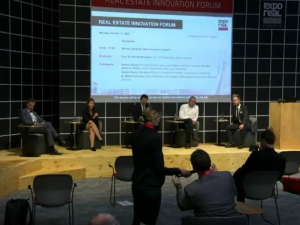
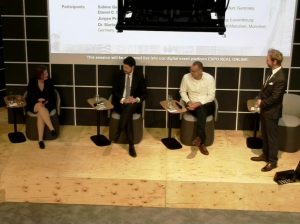
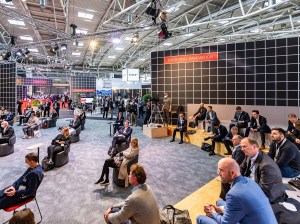



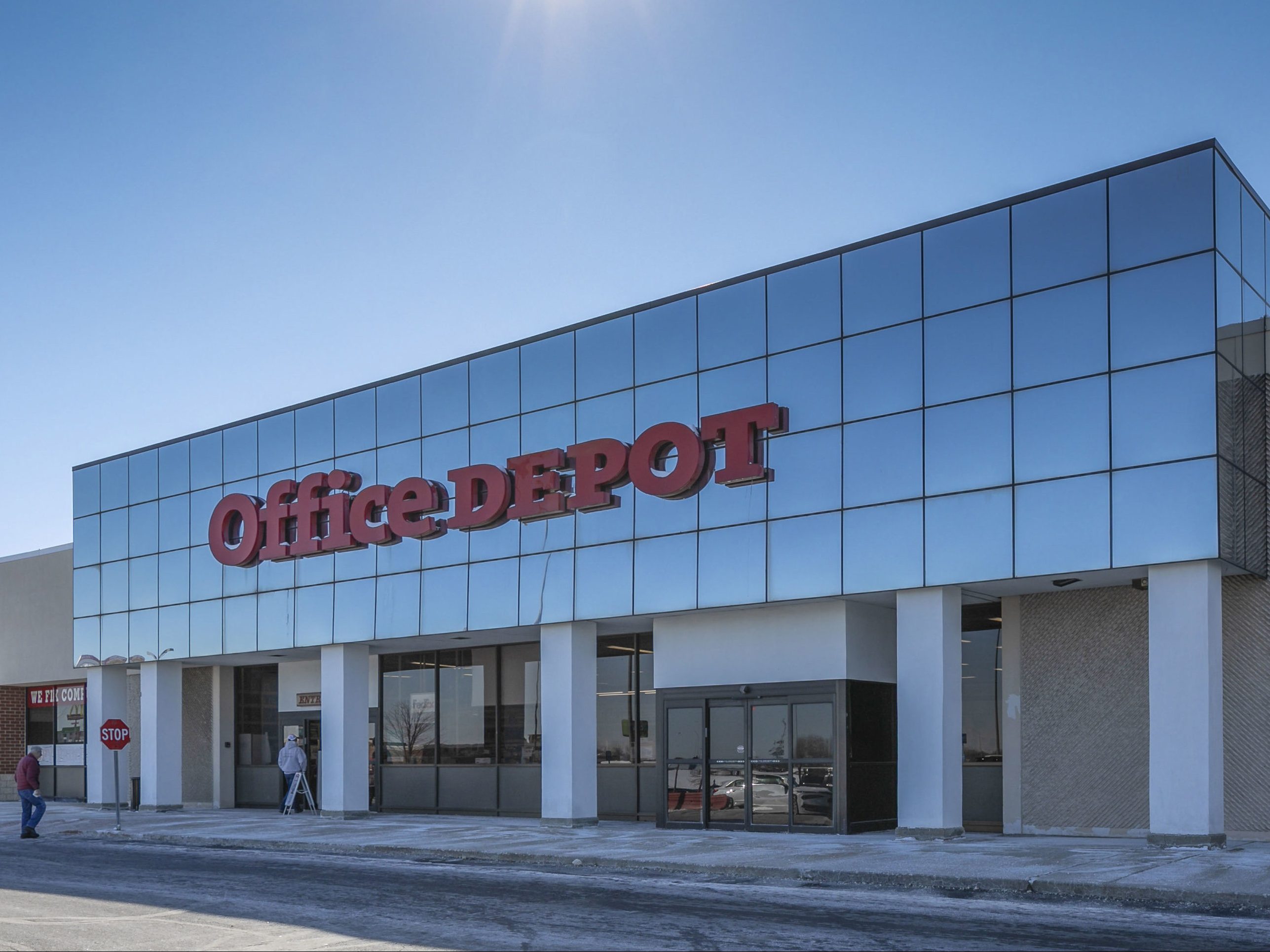
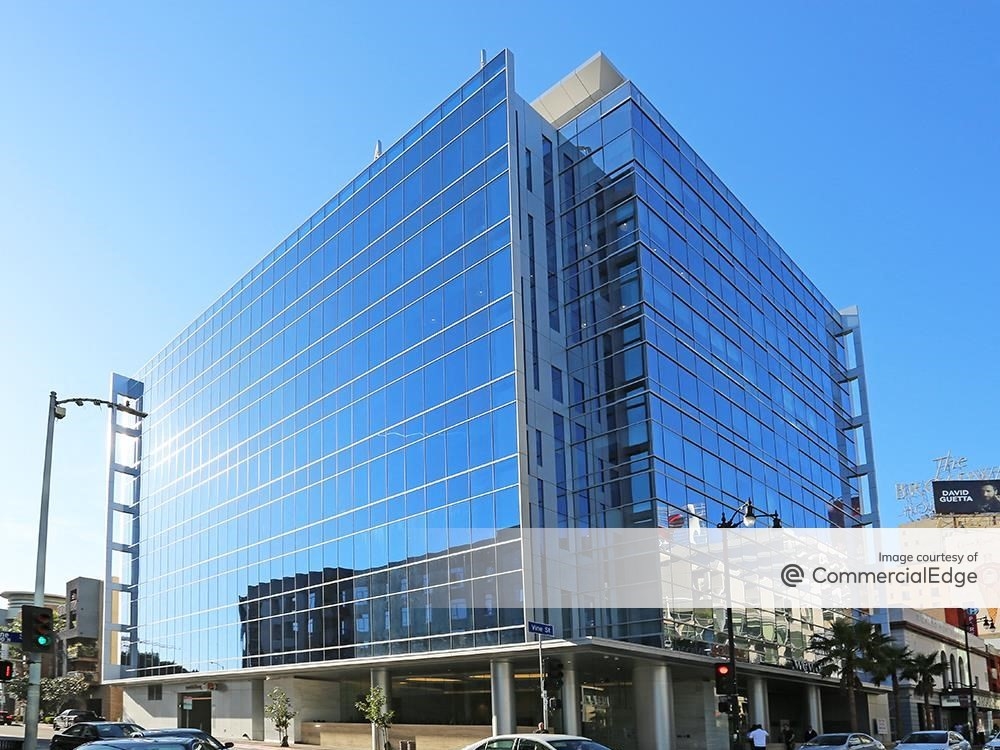

You must be logged in to post a comment.